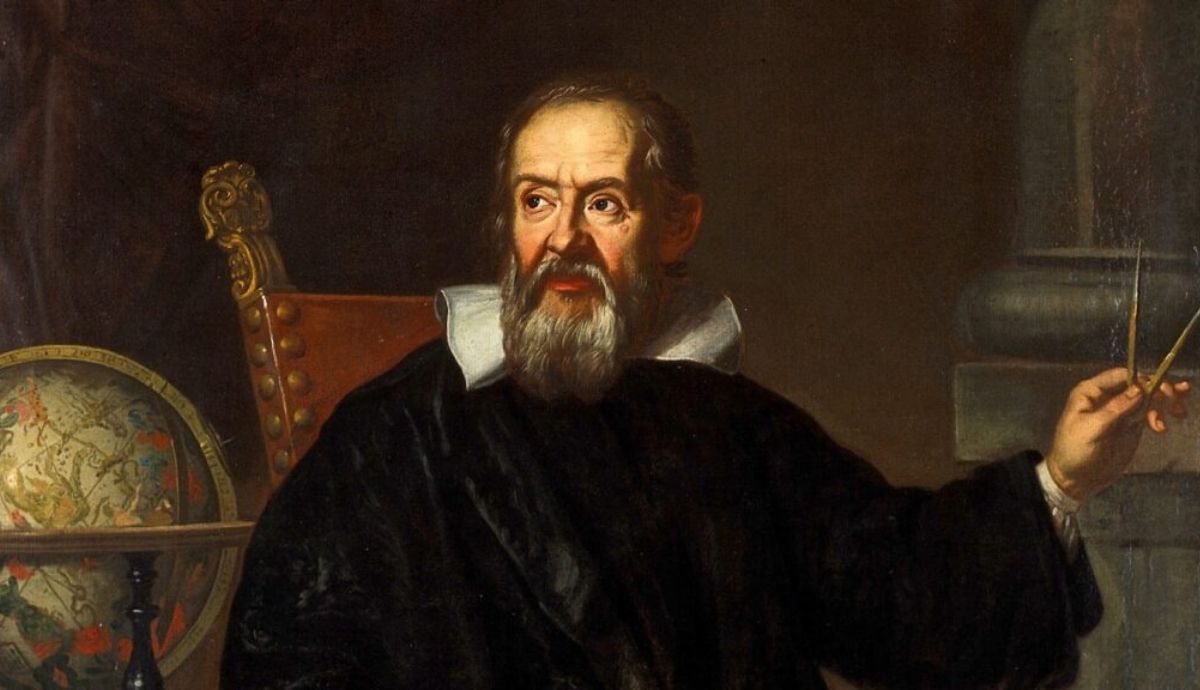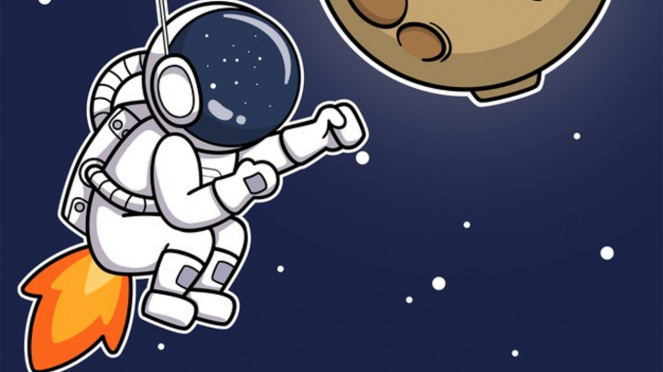the Galileo Galilei died on January 8, 1642 in Arcetri, an Italian astronomer, philosopher, mathematician, and physicist who revolutionized science. This Renaissance man showed interest in all areas of knowledge and various artistic manifestations. His most important legacy was an elaborate copy of the telescope and the first law of motion.
Who is Galileo Galilei?
“Galileo put an end to speculative theories and devoted his work to conducting measurable experiments.“
Galileo Galilei was a bridge between two other important scientists, Nicolaus Copernicus and Isaac Newton. From the very beginning, he took his idea of the universe, and was inspired by the discoveries of the second. Observations made by Galileo using a telescope made it possible to confirm that, as Copernicus showed, celestial bodies revolve not around the planet Earth, but around the Sun. and, despite his most important contribution, which has earned him to be considered the father of modern science Introduction to experimental methodology. Galileo put an end to speculative theories and devoted his work to measurable experiments, after a previous observation of the problem, to issue formulas that were verified again and compared with other hypotheses.
Why the Inquisition trial Galileo Galilei?
“In a final moment of rebellion, he dares the court and delivers his famous quote: Yet it moves!“
When the Inquisition called him to explain his theories in Rome, Galileo was sure it was a simple formality, but he soon discovered that the case would take time. On February 23, 1616, the Holy Office ruled that Copernicus’ system was a fraud and prohibited Galileo from publishing these theories in public. Over the following years, the Inquisition continued to spell trouble for the world, but everything went wrong with its publication in 1632. Dialogue about the two greatest systems in the world. Then a difficult process began, with more than 20 consecutive days of interrogation, which ended with elderly Galileo Galilei asking for forgiveness on his knees and renouncing his astronomical discoveries. In a final moment of rebellion, he dared himself to confront the court and uttered his famous line: “And yet it moves!” (Eppur si move). Three centuries later, during the papacy of John Paul II, the Church recognized the mistake made by one of the greatest thinkers in human history.
Other Historical Events on January 8th
the January 8, 1297 Francois Grimaldileader of the Guelphs, has captured the castle he protected Monaco rock. He did so with his cousin Raniero I.
the January 8, 1824 King Fernando VII established the General Police of the Kingdom, which preceded the current National Police.
the January 8, 1912 The African National Congress was founded in South Africa.
the January 8, 1918 Wilson’s Fourteen Points were published, which served as a starting point for a future League of Nations.





